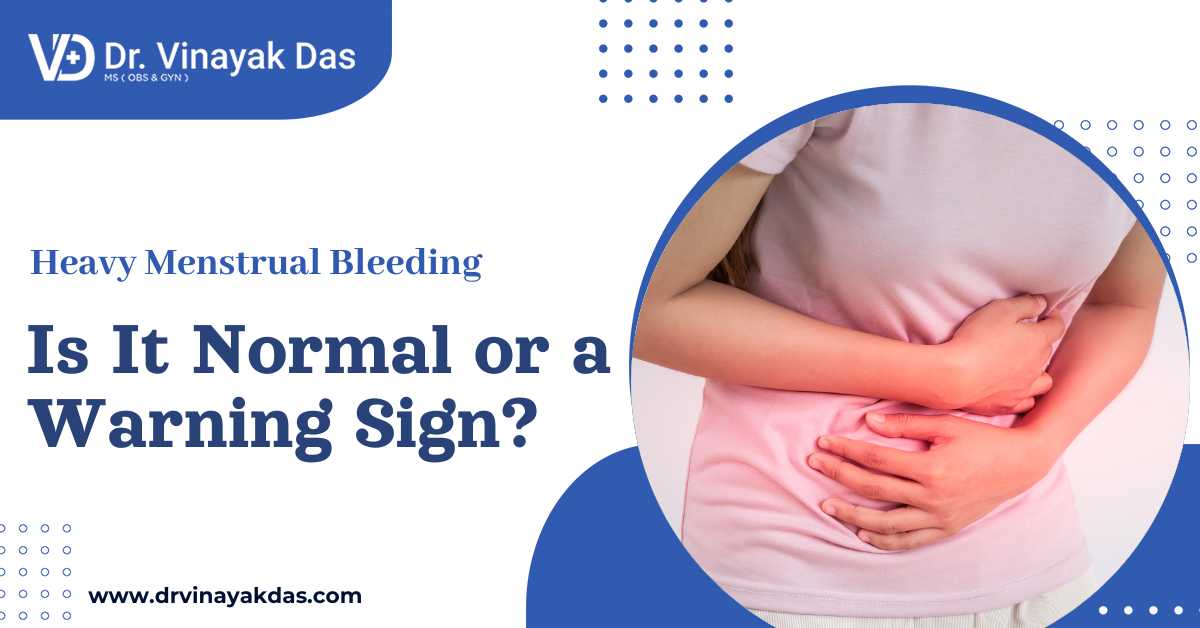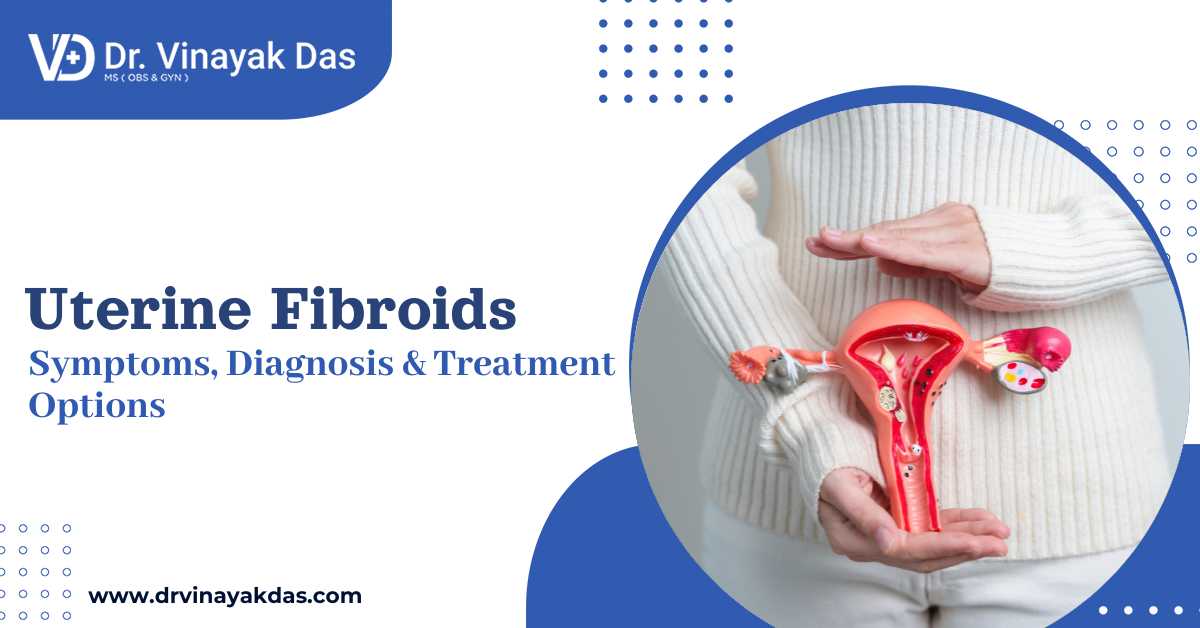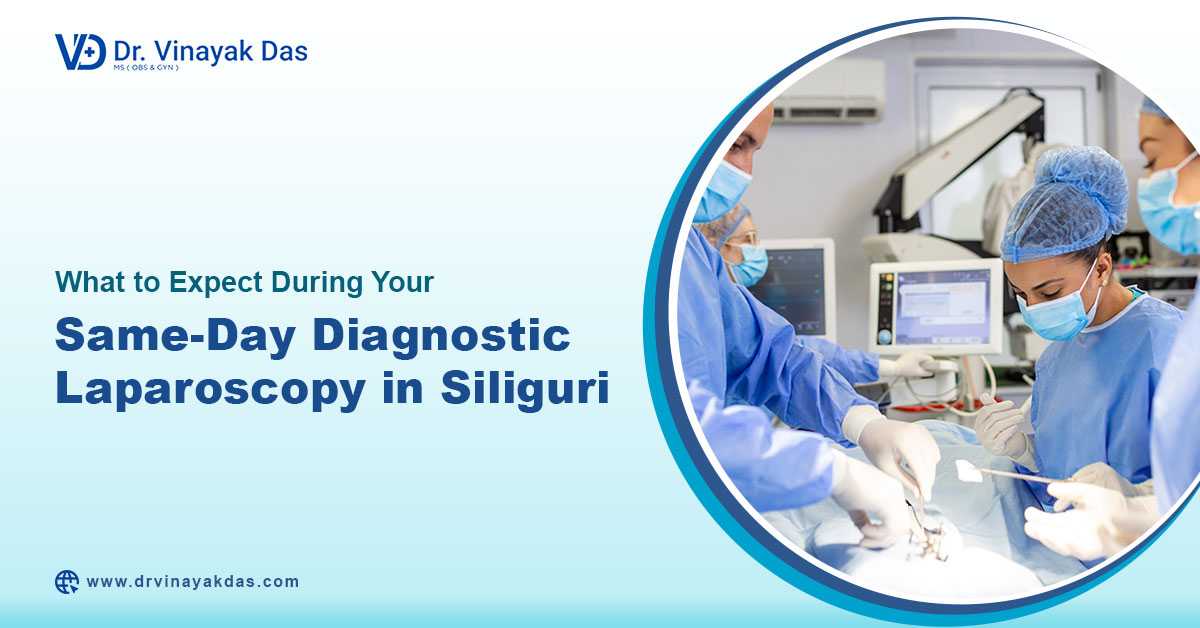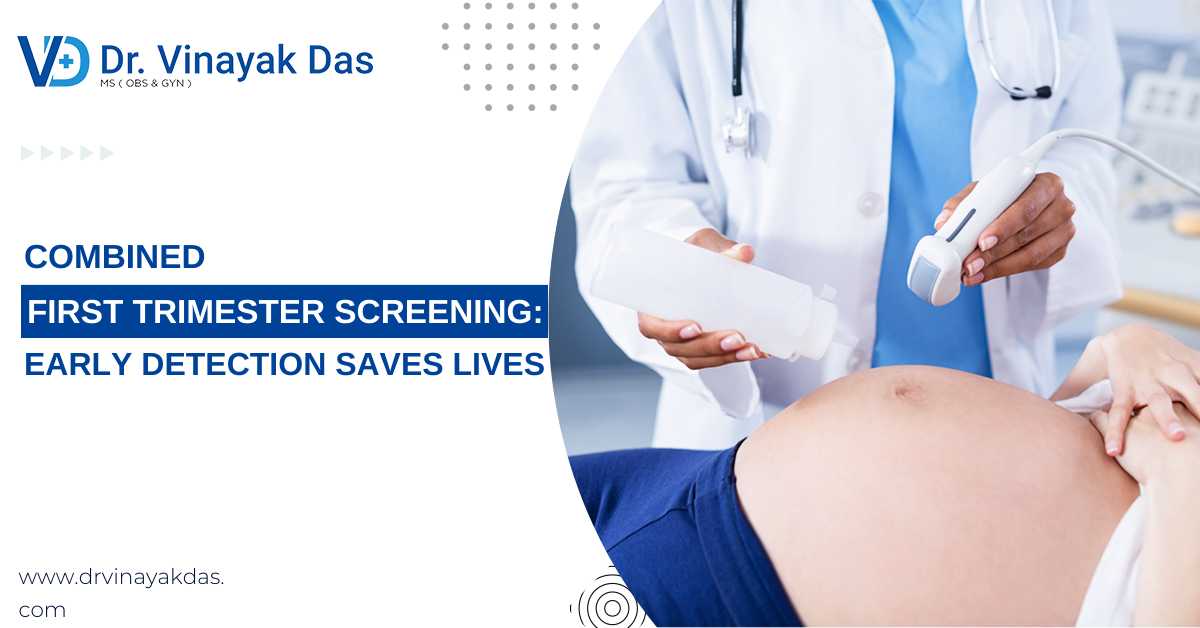Pregnancy complications, genetic changes, chemical exposure, and substance abuse can be some of the causes of birth defects. If this condition is not diagnosed and treated at the right time then it can be quite concerning for the baby while increasing the risks of preterm birth. Contacting the best gynecologist in Siliguri will help you to evaluate your and your baby’s condition during pregnancy and evaluate the risks of birth defects.
In most cases, the doctor recommends various prenatal tests to reveal any abnormalities. One of the most effective prenatal tests is the combined first-trimester screening which is mainly done between the 11th and 14th weeks of the pregnancy. Your doctor can effectively identify the risks of developing serious chromosomal disorders such as Edward and Down syndrome from this beneficial test.
How The Screening Is Performed?
The procedures of combined first-trimester screening may vary in some cases. Generally, it involves two maternal blood tests and one ultrasound conducted between 10-14 weeks of pregnancy. For the blood test, the doctor draws a sample of blood from the vein of the mother and then sends it to the laboratory for analysis.
Additionally, a transvaginal ultrasound is performed where the transducer is inserted through the vagina. This ultrasound helps in examining the condition of the fetus. These tests will help the gynecologist determine whether the baby has an increased risk of chromosomal disorders or not. Even after performing these tests, various other prenatal screenings can be recommended to finalize the presence of any birth defects.
What Is Tested During The Screening?
1. Nuchal Translucency
The transvaginal ultrasound that is conducted during the screening measures the nuchal translucency. This is the fluid collection which is present between the spine and skin near the fetus’s neck. Herein, the alignment of the fetus is checked and then the measurements are taken carefully by an experienced radiologist. Any abnormal thickening or increase in the fluid is also assessed during the ultrasound.
2. Pregnancy-associated plasma protein A (PAPP-A)
Another important factor measured by the top gynecologist in Siliguri during the screening is PAPP-A. This is mainly a protein which is produced by the placenta. If the woman is experiencing a normal pregnancy then the level of this protein will continuously increase during the entire pregnancy. Herein, any abnormal levels of PAPP-A will indicate an enhanced risk of chromosomal abnormalities.
3. Human chorionic gonadotropin (hCG)
Another hormone produced by the placenta during pregnancy is hCG. The levels of this hormone are also measured during the first-trimester screening. The doctor may either check total hCG or free beta subunit during the screening. During the 8th and 10th week of pregnancy, the level of this hormone increases rapidly and then starts stabilizing as the pregnancy progresses.
Probable Results
The results of the combined first-trimester screening will either be negative or positive. If the chances of trisomy 18 and Down syndrome are below the cut-off range then the result is considered negative. However, this doesn’t indicate that there is no risk of developing chromosomal issues. Additionally, if the results appear positive then it indicates that your baby is at a higher risk of developing certain genetic disorders or birth defects.
Combined first-trimester screening is highly effective as it allows the best gynecologist in Siliguri to adopt an effective treatment plan if any genetic abnormalities are found. You must know that if the result comes positive then various additional tests and genetic counselling are conducted before planning the treatment. Some such tests include amniocentesis, anatomy ultrasound, and chorionic villus sampling.






